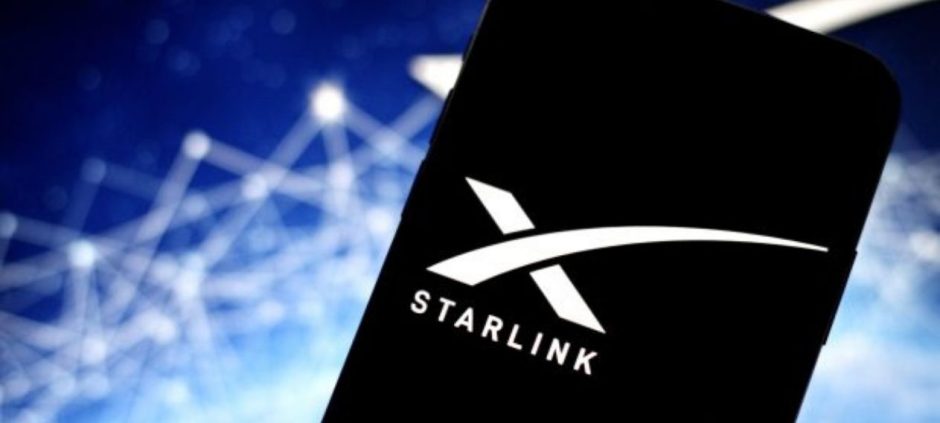Starlink’s potential launch in Pakistan brings more than just improved internet access. It also raises serious national security and geopolitical risks.
Pakistan sees Starlink as a way to connect remote and underserved areas with high-speed internet. However, the main concern is about who controls the network during a crisis.
The situation in Ukraine highlights these risks. When Russia invaded Ukraine in 2022, Starlink played a key role in keeping communications alive. Yet, reports revealed that SpaceX, Starlink’s parent company, restricted access during a critical Ukrainian counterattack. This decision showed that control lies with a private U.S. company, not the nation using the service.
For Pakistan, this is alarming given its tense relationship with nuclear-armed India. If Starlink’s service were to be cut off or restricted, it could threaten the country’s strategic independence.
Unlike local internet providers, Starlink’s satellites and network operations are controlled outside Pakistan. SpaceX manages all traffic through its global gateways. In case of conflict or political pressure, Pakistan’s access could be limited or shut down. This raises concerns about digital sovereignty and reliance on foreign technology.
Data security is another important issue. Sensitive government and military information could pass through foreign servers, increasing risks of surveillance or data theft. India, which also licenses Starlink, requires data to be stored locally to protect its interests. Pakistan might need to implement similar regulations to safeguard its data.
Experts advise Pakistan to create strong emergency laws to allow control over Starlink’s network during national crises. Military and intelligence agencies should review the technology carefully, especially for border regions and digital defense.
While Starlink offers significant opportunities for connectivity, Pakistan must weigh these benefits against national security risks. The experience in Ukraine serves as a clear warning about the dangers of depending too much on foreign-controlled digital infrastructure.
In other related news also read Starlink Faces Delay in Pakistan as Registration Expires











